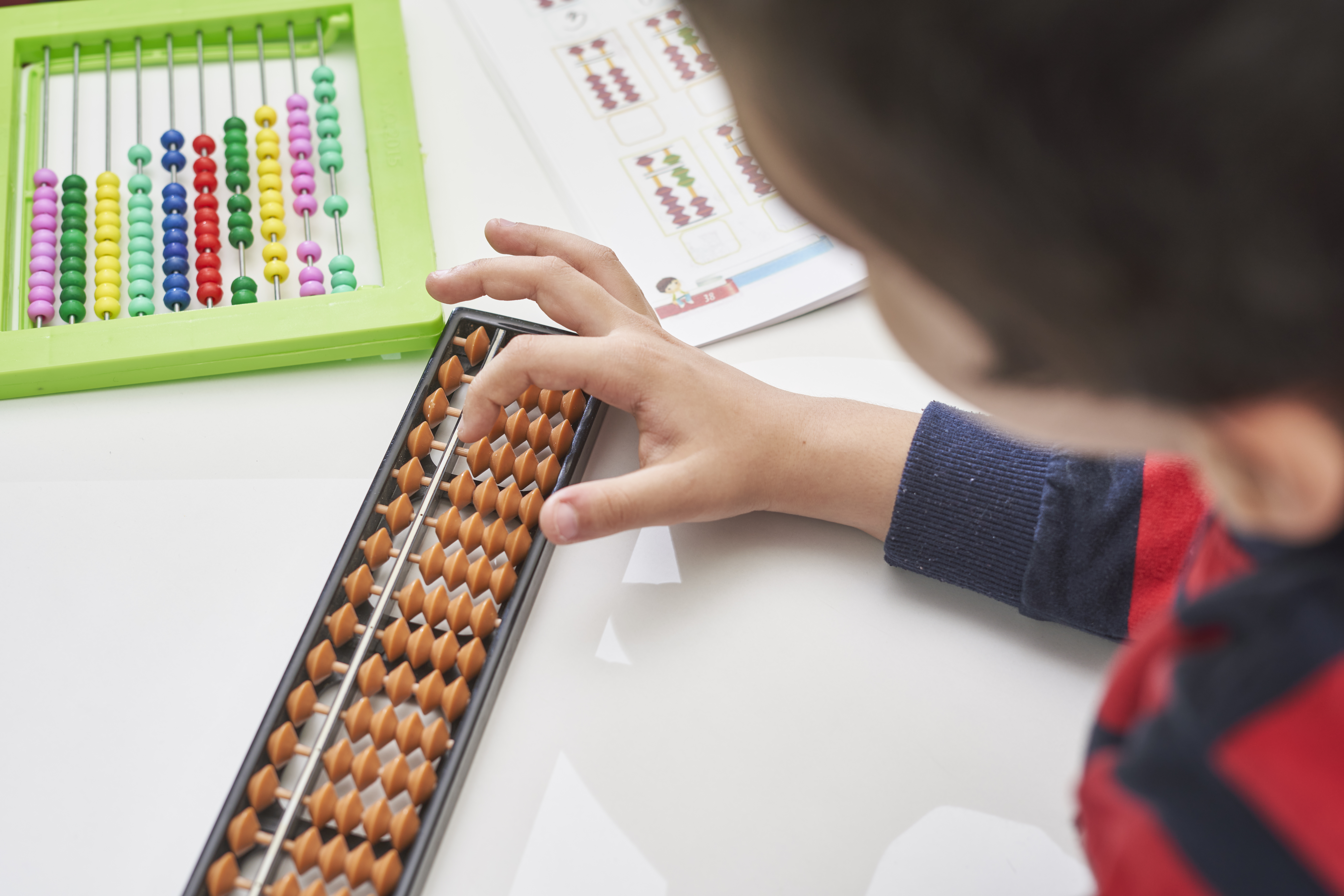In today’s competitive world, strong math skills are more important than ever. You need to be good at maths to be good at other subjects. Students who excel in math often crack into better academic opportunities, scholarships, and career fields like engineering, data science, and finance. So, what sets the toppers apart? While traditional classroom learning focuses on memorizing numbers, formulas, and equations, there’s a powerful tool that helps unlock a child’s full math potential: the Abacus.
The Abacus is an old tool used to perform math calculations. Beyond its simple look, it requires learning techniques to move beads for addition, subtraction, multiplication, and division. With practice, these physical movements turn into mental math skills, allowing kids to perform calculations in their heads quickly and accurately. Children who use the Abacus often find a new love for numbers and develop skills that make them shine in class.
Let’s dive into why children who use the Abacus consistently rise to the top in mathematics.
1. Builds a Strong Mathematical Foundation
When youngsters study the Abacus, they move past memorizing formulas. They form a good understanding of how numbers operate. This skill to envision and control numbers establishes a sturdy base, making complex subjects like algebra, geometry, trigonometry, and calculus simpler to grasp later on. In essence, the Abacus goes beyond mathematics; it influences the cognitive processes of children. Many educators see strong mathematical foundation as one of the Abacus benefits young learners get provided with.

2. Boosts Mental Calculation Skills
Abacus training teaches the brain to visualize the beads, enabling children to perform calculations without pen and paper. Over time, this leads to fast mental math skills. Students can add, subtract, multiply, and divide in their heads with impressive speed and accuracy. This skill not only helps in school tests but is also useful for competitive exams, logical reasoning tests, and everyday problem-solving. With programs like AbacusMaster, children can learn these techniques more quickly and effectively.
3. Improves Concentration and Focus
In a world full of distractions, focus is essential. When practicing with the Abacus, children must concentrate on bead movements and calculation steps. This focus strengthens their concentration skills, which carry over to other subjects. Students learn to ignore distractions, think clearly, and stay calm even during high-pressure exam situations.
4. Improves Memory Power
The Abacus engages both sides of the brain, activating logic and numbers on the left side, while visualization and creativity activate the right side. Visualizing bead movements while recalling arithmetic rules enhances working memory and long-term recall. This makes it easier for children to remember formulas, problem-solving strategies, and exam techniques. For instance, AbacusMaster’s modules include fun exercises that make memory training enjoyable rather than stressful.

5. Develops Problem-Solving Confidence
Math anxiety is a serious challenge for many students. Abacus training helps reduce that fear. Children who practice with the Abacus gain confidence in their ability to solve problems quickly and correctly. This confidence encourages them to attempt more exam questions, leading to higher scores. Over time, math shifts from a “difficult subject” to an area of strength.
6. Encourages Logical and Creative Thinking
Mathematics involves patterns, strategies, and problem-solving, not just numbers. The Abacus enhances logical thinking while also fostering creativity and spatial visualization. Children trained in the Abacus often find multiple ways to approach a problem instead of relying on one method. This flexible thinking helps not only in math but also in science, coding, and real-world problem-solving.
7. Gives a Competitive Edge in Academics
From classroom quizzes to competitive exams, students trained with the Abacus typically perform better. Their speed, accuracy, memory, and mental clarity give them an advantage that average students find hard to match. This edge often leads to higher grades, academic recognition, and better opportunities for further education.
The Abacus is much more than an ancient counting tool; it’s a modern training instrument that builds essential skills for life. The speed that it gives its users may indeed be the trump card that distinguishes toppers from average students. With guidance from platforms like AbacusMaster, any child can tap into this potential and make math their strongest subject.